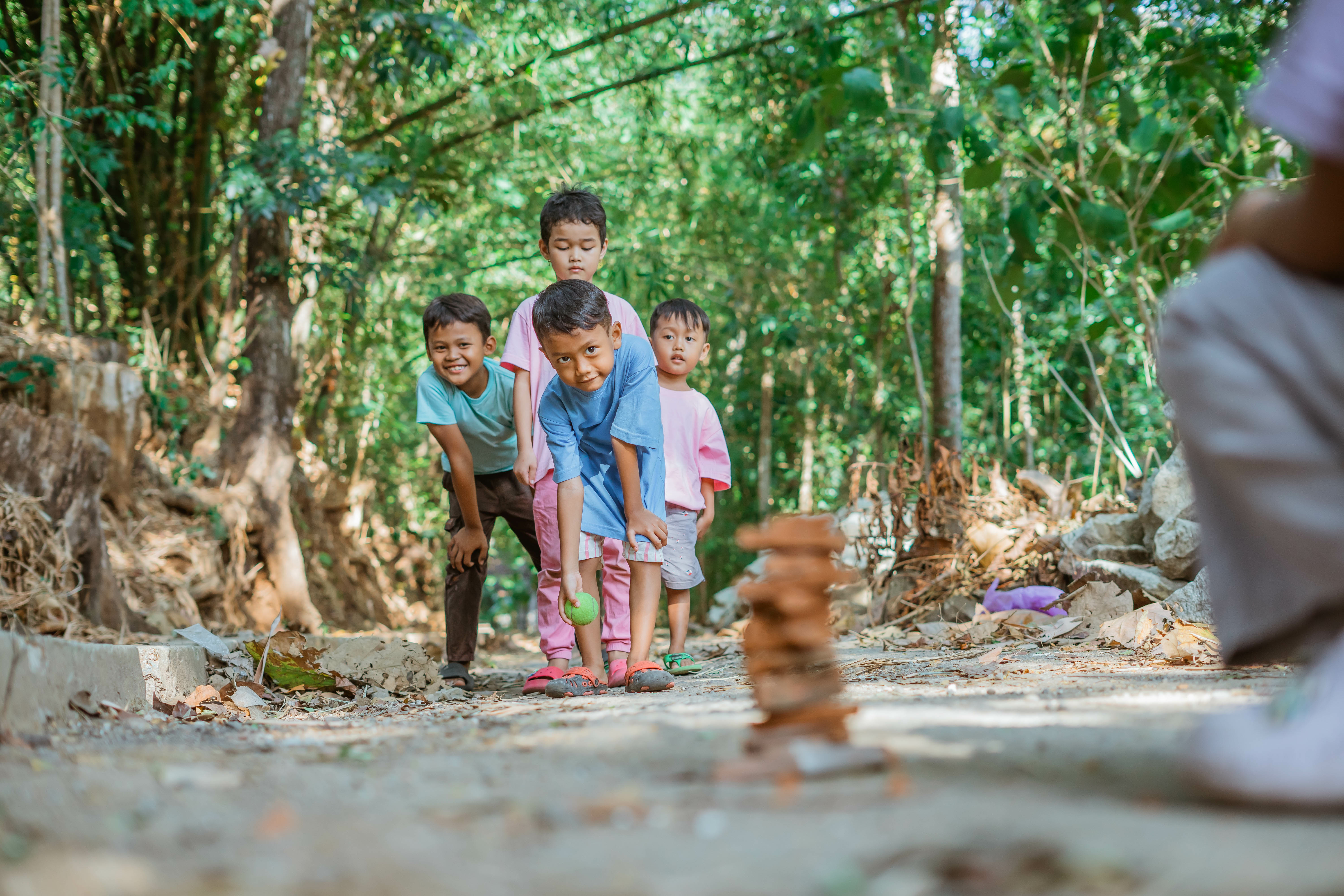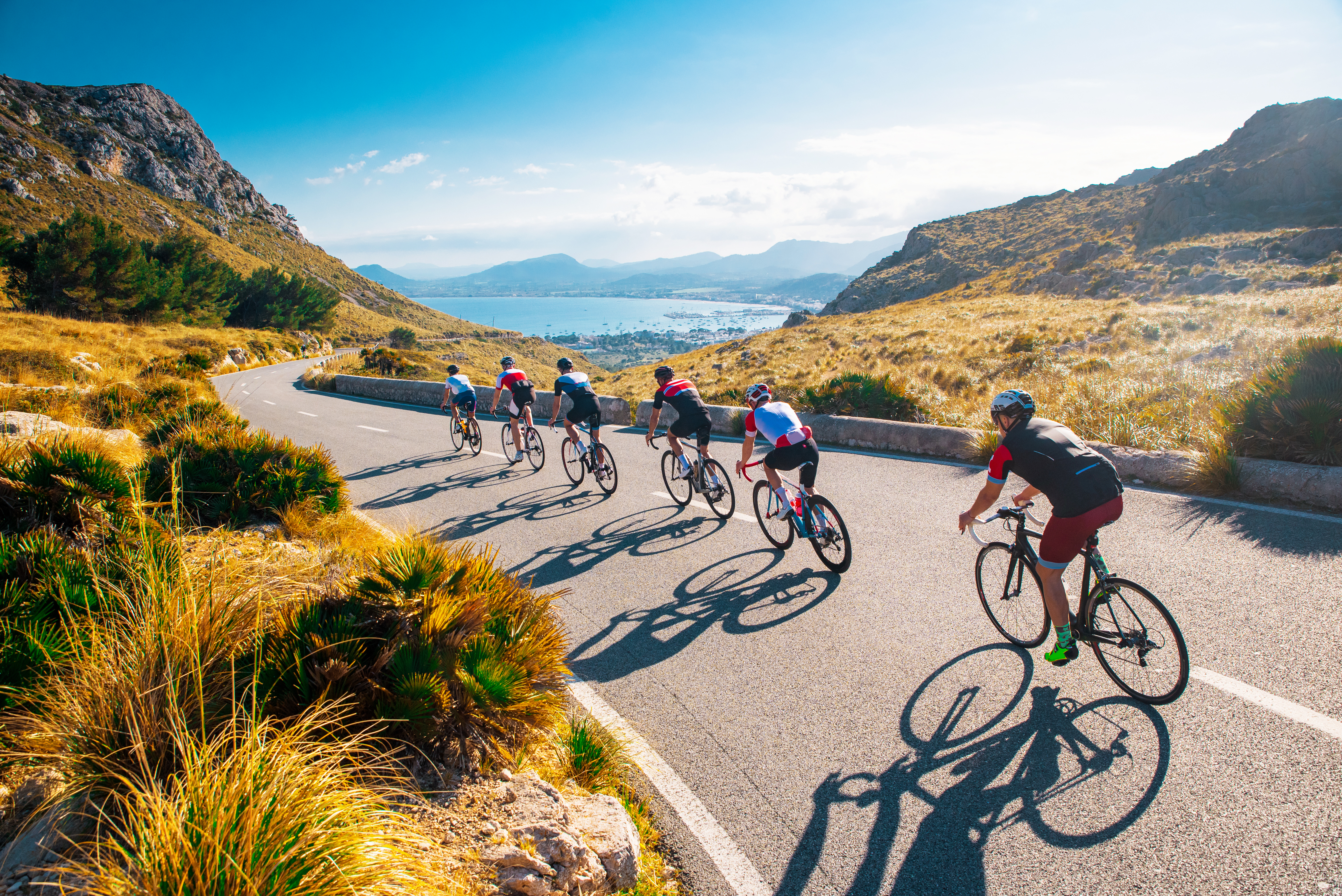Climate change and impact on health
Climate change is an ongoing concern that requires attention and caution, not only from Canadians but also from people worldwide. A recent study explored 10 health outcome categories attributed to climate change, including infectious diseases, mortality rates, and respiratory, cardiovascular, or neurological issues, which are among the most frequent concerns.
Beyond the scoreboard: Sport’s role in climate action

In recent years public awareness and concern about climate change have significantly increased. Organizations are increasingly acknowledging and addressing the direct link between their operations and climate change, embracing initiatives from paper straws to carbon offsets. However, as climate impacts intensify globally, and with both governments and corporations falling short of making sufficient progress on…
Physical activity and climate change
Unfavourable weather and climate conditions, such as heatwaves, heavy rain and smoke-filled air, can lead to canceled recesses and outdoor sport and recreation activities, and more indoor sedentary time. The 2024 ParticipACTION Report Card on Physical Activity for Children and Youth uncovers how active kids in Canada are and how to keep them active in…
Indigenous peoples, the environment and occupations
In Indigenous cultures, the state of the environment is highly valued as it is often regarded as interconnected with human health. Poor environmental conditions, as seen today, is negatively impacting occupational participation, which is participation in everyday activities, for indigenous peoples. Because of this, indigenous peoples are limited in what physical activities or sports they…
Would you pay to offset your carbon footprint in sport?
A study of professional athletes’ willingness to pay for offsetting greenhouse gas emissions reveals a promising intersection between sports participation and environmental sustainability efforts with a majority of participants showing readiness to financially support green initiatives. Key strategies include raising environmental awareness, demonstrating event sustainability, leveraging social influence, and collaborating with environmental organizations. These strategies…
Nature games: Traditional Indigenous games and environmental stewardship in Oceania

View the summary of this research here. This project aimed to understand the development of environmental stewardship through gameplay in Indigenous societies. The South Pacific has many similarities to Canada in terms of Indigenous-settler relations, colonial histories and a resurgence in reconciliation efforts, and climate action. Indigenous traditional games, played in nature, with natural implements,…
Sport organizations must adapt to extreme heat

The Intergovernmental Panel on Climate Change (IPCC) (2018) has recorded rising temperatures throughout the world. Extreme heat events are causing risks to workers’ health, organizational productivity and infrastructure and the sport sector is being forced to adapt (Glasser, 2020; Heal & Park, 2016). For example, the 2022 Manitoba Marathon was cancelled mid-race, with runners already…
Clearing the air around air quality and outdoor sport safety
Highlights In 2022, Health Canada and the Sport Information Resource Centre partnered to create educational resources to raise awareness about air quality and the safety of outdoor sport participation Air pollution can impact the health of all Canadians, but some groups, including people engaged in outdoor sport and exercise, are at an increased risk Monitoring…
Reducing plastic waste in sport facilities is imperative
The international sport sector, including Canadian sport, needs to work urgently towards the elimination of plastics. At present, sport facilities are significant producers of plastic waste, particularly from food and beverage services. Action on the part of the sport sector is necessary because these plastic products are entering our waterways. Plastic waste gets into waterways…
Climate change and the future of the Winter Olympic Games: Athlete and coach perspectives

Project summary The International Olympic Committee recognizes the risks climate change pose to the Games and its responsibility to lead on climate action. Winter is changing at the past Olympic Winter Games (OWG) locations and an important perspective to understand climate change risk is that of the athletes who put themselves at risk during these…